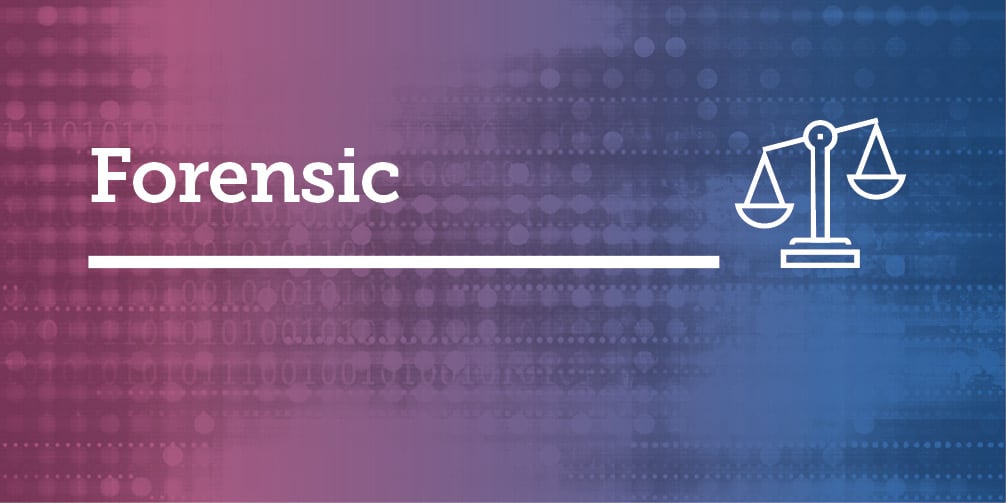See All Presenters
Joel Dvoskin, PhD, ABPP
Dr. Joel Dvoskin is a clinical and forensic psychologist licensed in Arizona and certified in Forensic Psychology by the American Board of Professional Psychology.
He is the former Acting Commissioner of Mental Health for the State of NY, where he oversaw the largest public psychiatric and mental health system in the United State and directly supervised 31 adults, children’s, and forensic psychiatric hospitals. Prior to that, he served for more than a decade as Associate Commissioner and Director for Forensic Services for the NY State Office of Mental Health, where he directly supervised 3 freestanding forensic psychiatric hospitals, 3 forensic units in adult (civil) psychiatric hospitals, mental health services for the NY State Department of Correctional Services, and the nation’s first statewide community forensic mental health system. During his tenure, his office created the first statewide jail and police department suicide prevention projects in the US.
He served as Chair of the Governor’s Advisory Council on Behavior Health and Wellness for the State of Nevada.
Dr. Dvoskin is a Fellow of the American Psychological Association (APA), and Former President of two APA Divisions, including the American Psychology-Law Society and Psychologists in Public Service. He served on the APA Policy Task Force on Reducing Gun Violence and on the APA Blue Ribbon Commission on Ethical Processes.
He has provided consultation to a wide array of organizations, including the U.S. Secret Service, the National Basketball Association (NBA), the NBA Players Association, the National Collegiate Athletic Association (NCAA), and numerous corporations, organizations, educational institutions, and government agencies across the US and Canada. Consultations are provided on workplace violence prevention, management and leadership, and responding to organizational crises.
In 2001, Dr. Dvoskin served on an expert team that investigated Dylan Klebold and Eric Harris, who committed the killings at Columbine High School.
He previously served on the adjunct faculty of the University of Arizona Law School and currently teaches at the University of Arizona Medical School, in addition to his consulting practice in forensic psychology in Tucson, Arizona.
He has been an invited speaker to the Conference of Chief Justices, the National Association of Attorneys General, the National Tactical Officers Association, CIT (Police Crisis Intervention Teams) International, numerous universities, and hundreds of other professional organizations.
In 1995, Dr. Dvoskin served on the White House Task Force on the Future of the African American Male. He has served as a Federal Court Monitor over correctional and mental health facilities and systems in Washington, New Mexico, Michigan, and Colorado and frequently serves as an expert for the Civil Rights Division of the United States Department of Justice (DOJ) and various state Protection and Advocacy Systems (P&A). He has also served as an expert witness and consultant for state mental health and criminal justice agencies.
Dr. Dvoskin provides training and public speaking services, mediation, expert testimony on civil and criminal matters, and consulting services to state mental health, criminal justice and public safety agencies, courts, police departments, corporations, and universities. For more than 6 years, Dr. Dvoskin has worked as a pro bono consultant with the New Orleans Police Department on an innovative program to prevent police misconduct called EPIC (Ethical Policing is Courageous) that has received national acclaim. Currently, Dr. Dvoskin serves as Senior Psychologist for Project ABLE (Active Bystandership for Law Enforcements), part of Georgetown University Law School’s Innovative Policing Program.
Dr. Dvoskin has served as design consultant for numerous hospital, prison, and jail architectural projects, including St. Elizabeths Hospital in Washington DC, Fulton (MO) State Hospital, and currently the Hawaii State Hospital.
In 2020, Dr. Dvoskin was awarded the Distinguished Contribution Award by the American Academy of Forensic Psychology and received similar awards from the Arizona Psychological Association for distinguished contributions to the science (2001) and practice (2010) of psychology.
He is co-author, with Andrew W. Kane, of Evaluation for Personal Injury Claims (2011) and the lead Editor (with Jennifer Skeem, Raymond Novaco, and Kevin Douglas) of Using Social Science to Reduce Violent Offending (2011), winner of the 2012 Book Award of the American Psychology-Law Society. Both books were published by the Oxford University Press.


















